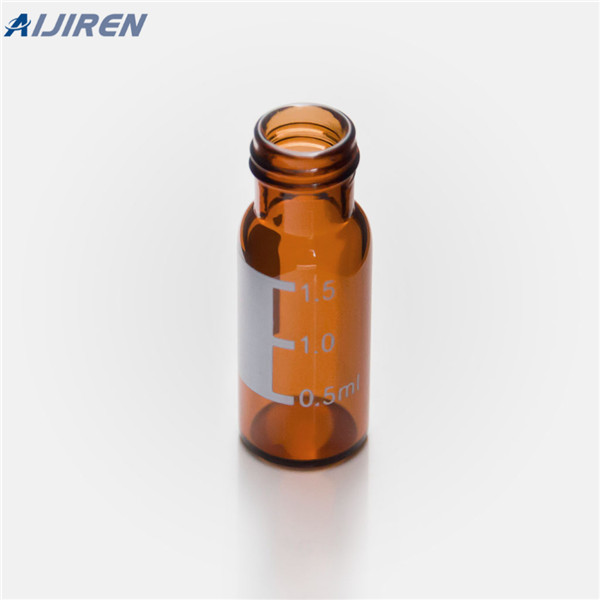
Aug 31, 2022 · Two types of applications: The most common vial sizes for liquid chromatography vials are 12 x 32 mm as well as 15 x 45 mm. 12 x 32 mm vials will also be described as 1.5 mL, 1.8 mL, or 2.0 mL
.jpg)
syringe selection process, allowing users to confidently select the correct needle for their instrument. Key Words Syringe selection Abstract Choosing the correct syringe from the wide selection available can be a difficult task, however with a little more information this process can be simplified. How to Select the Correct Syringe
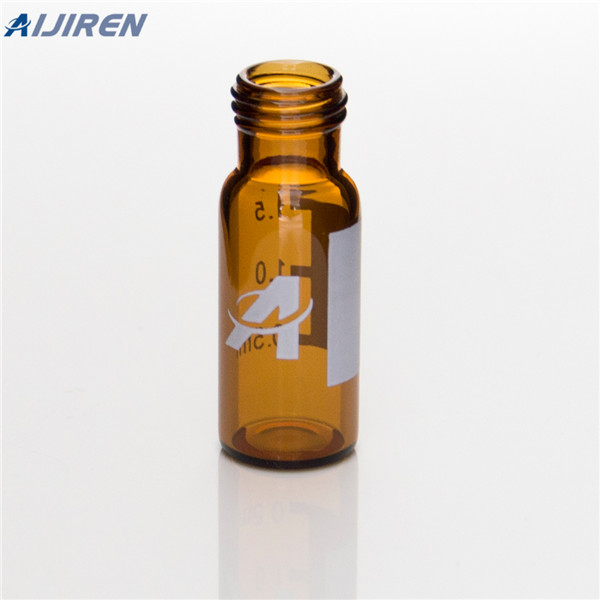
Jun 4, 2019 · If only a limited volume of sample is available, you will have to choose between using an insert for your regular autosampler vial, a microvial or a high recovery vial. Note: Most 12x32 mm

Several characteristics of vials and septa are critical for optimum performance in an HPLC run. The following guide will assist you in making the best selection for your specific analysis. Vial Mouth Opening A 6mm opening for the 1.5mL vial provides a better target for the autosampler needle and makes

The septum you choose for your autosampler vial can impact sample evaporation, sample security, needle bending and blockages, and instrument down time. Don’t let the complexities of septa selection slow you down. Use the simple online Thermo Scientific SureSTART Selection Guide to find the right septa and vial for your analysis.
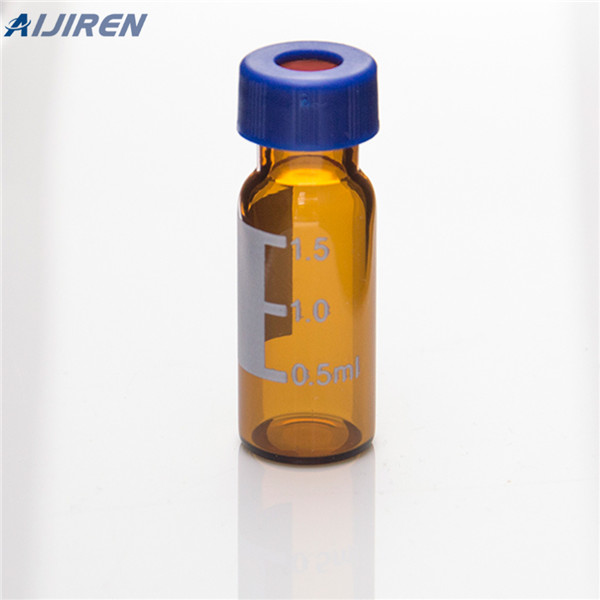
The minimum gas flow for direct injection is about 5 mL/min. Direct injection can therefore only be applied to columns, which can cater for higher column flow rates such as, packed columns or 0.53 mm ID columns. These columns can also handle the higher concentration levels because of their increased sample capacity.

The septum you choose for your autosampler vial can impact sample evaporation, sample security, needle bending and blockages, and instrument down time. Don’t let the complexities of septa selection slow you down. Use the simple online Thermo Scientific SureSTART Selection Guide to find the right septa and vial for your analysis.
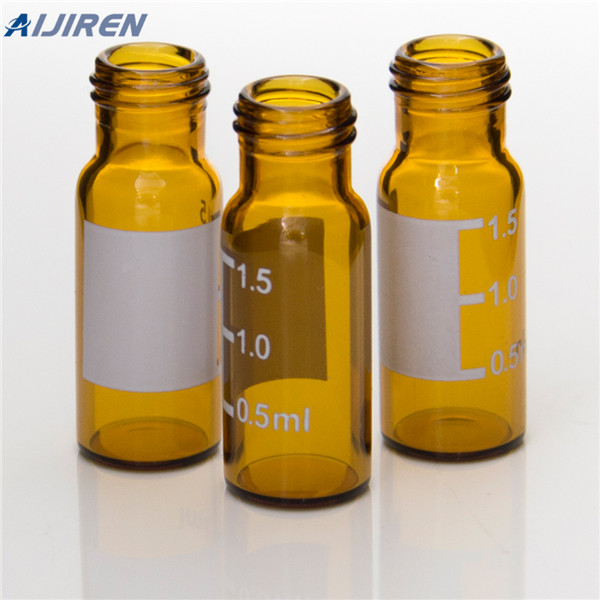
Choose from the widest range of Kinesis autosampler vials for use in your chromatographic separations. The products are made from the highest quality materials and manufactured in ISO 9001 approved facility. All materials are produced in an ISO Class 8 (Class 100,000) cleanroom. MORE +. ₹ 840.00 - ₹ 20,800.00INR / Pkg of 100.
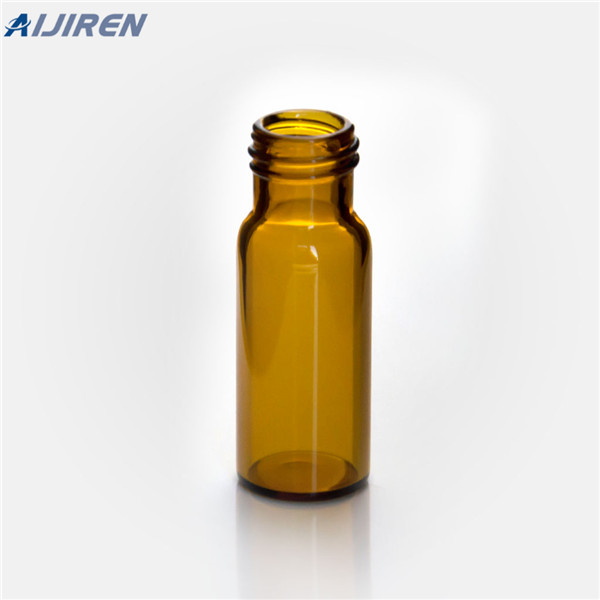
Technologies for manufacturing and analysis of gene therapy products are evolving with continued efforts to be fully optimized. Solutions from Thermo Fisher Scientific are evolving as well. Our robust assays are tailored for the analysis of gene therapy products to enable fast results with better accuracy and reproducibility to facilitate the
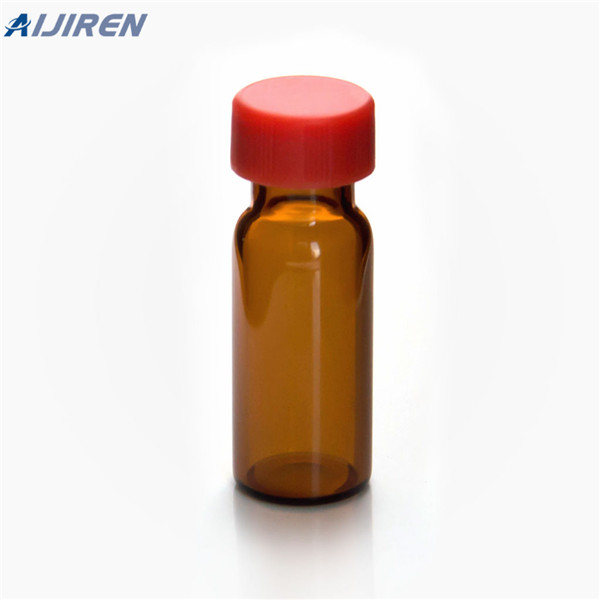
the vial itself. Read through the selection options to determine the proper combination for your application. For your convenience, Waters offers many of these choices as combination packs. The vial, cap, and septum come pre-packaged as packs of 100 for ease and convenience in ordering. VIAL SELECTION Choosing the Right Vial 1 Septa Selection Guide
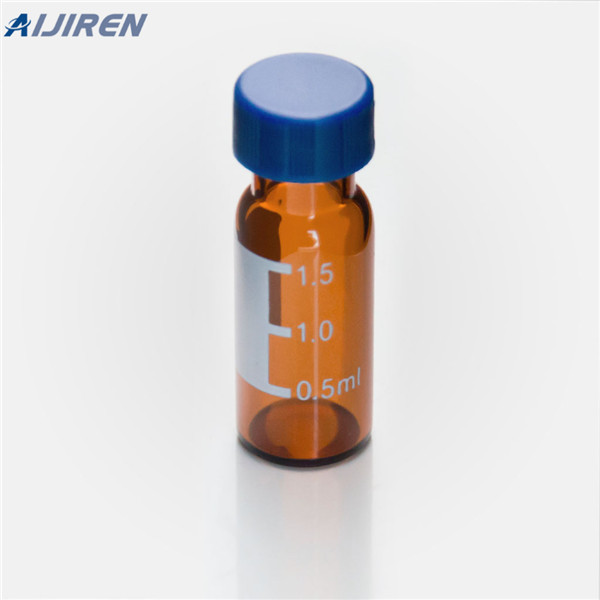
The septum you choose for your autosampler vial can impact sample evaporation, sample security, needle bending and blockages, and instrument down time. Don’t let the complexities of septa selection slow you down. Use the simple online Thermo Scientific SureSTART Selection Guide to find the right septa and vial for your analysis.
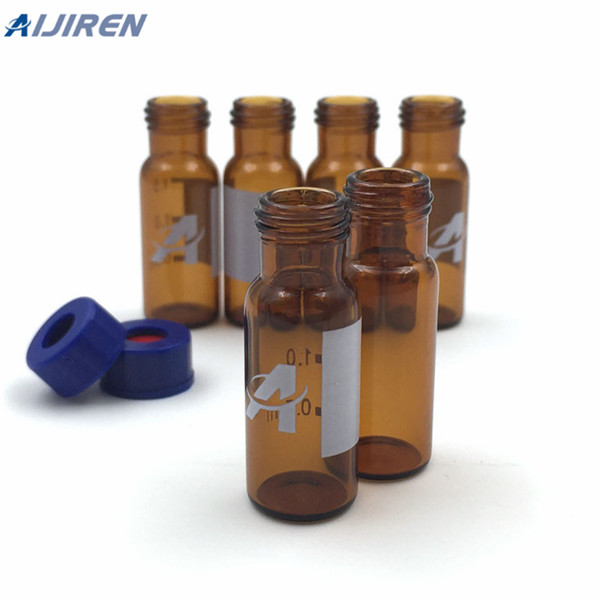
The peptide could be sticking to any surface it comes in contact with, including pipette tips, sample storage tubes, or autosampler vials. Switching suppliers or materials may help. Take a fresh look at your sample prep protocol – could a particularly hydrophobic peptide be precipitating?
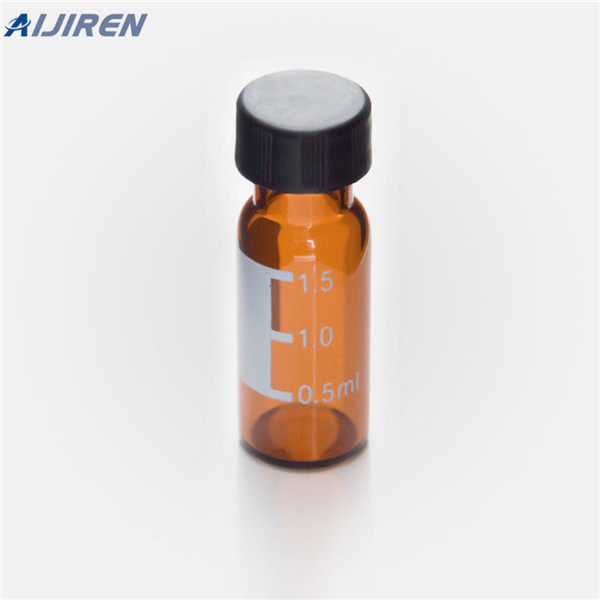
sample. The proper selection of the laboratory sample itself (termed secondary sampling) represents another challenge since the final sample used for analysis may be a tiny fraction of the original collected sample, yet serves as a subset. Finally, the sample

Feb 5, 2015 · The company provides a range of tools to help choose the right autosampler for any application. The interactive vial selection tool and vial selection poster both provide information required to assist analysts in making an informed decision working best for their own unique application.
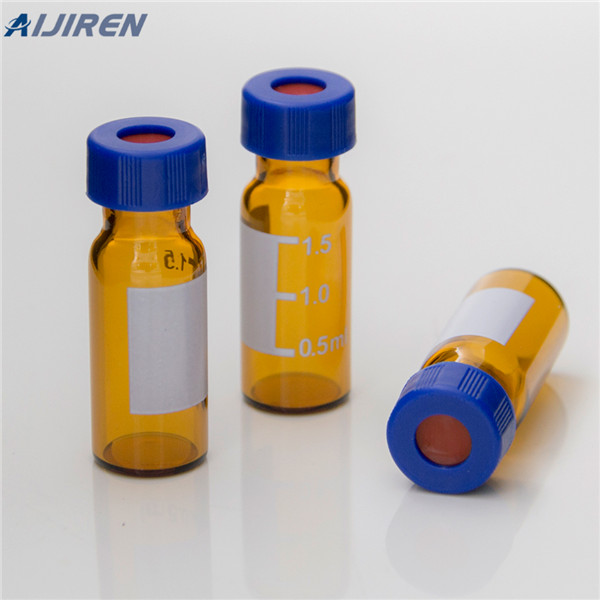
septum on each vial. Misalignment can result in a needle striking the sample vial cap or missing the vial completely. In either instance, a bent needle is the likely result. Again, some autosamplers have mechanical adjustments, and others use a teaching mode to control the x- and y-axis adjustments. Needle Blockage The autosampler needle can become